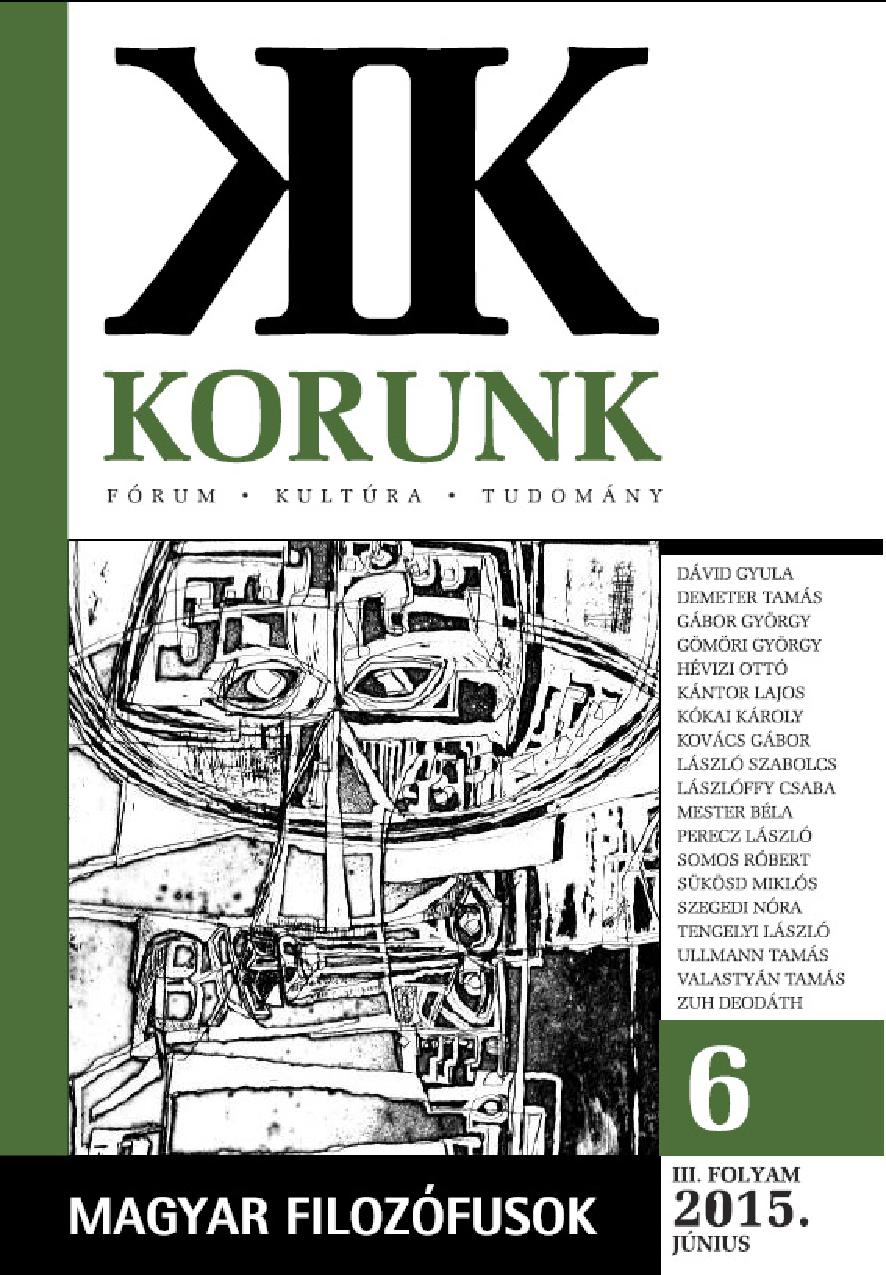Hauser Arnold és a manierizmus historiográfiája mint válságtan
The Historiography of Mannerism Revisited: Arnold Hauser in the Context of 20th Century Criseology
Author(s): Deodáth ZuhSubject(s): Philosophy, History of Philosophy, Philosophical Traditions
Published by: Korunk Baráti Társaság
Keywords: Mannerism; criseology; Arnold Hauser; Georg Lukács; Max Dvořák, Ernst Gombrich; unified aesthetics
Summary/Abstract: In this essay, I try to sketch the outlines of two conflicting inquiries concerning the historical position of Mannerism. My basic idea is that they share a common goal of constituting a multifaceted theory of investigating art history. The first is based on the Kantian tradition of unified aesthetics (epistemological, moral and aesthetical studies are grounded in the same architecture of knowledge) and describes the works of art as they are given to our intuitions as the documents of a certain world view or Weltanschauung. The second is rather built on the idea that we have to emphasize the various ways in which the works of art were made and denies that such a world view could be reconstructed. Here I only present a historical case study of the first line of questioning, stating that the young Arnold Hauser was a fierce advocate of artistic style as the bearer of moral, ethical questions. In this way Mannerism is the document of a transitional, critical period in European art history and European culture. If this is correct, Mannerism could be interpreted as a model for investigating and comprehending contemporary instances of transition and crisis. Finally, I trace back this view (as a criseological approach to contemporary culture) to some ideas of the young Georg Lukács.
Journal: Korunk
- Issue Year: 2015
- Issue No: 06
- Page Range: 47-53
- Page Count: 7
- Language: Hungarian

